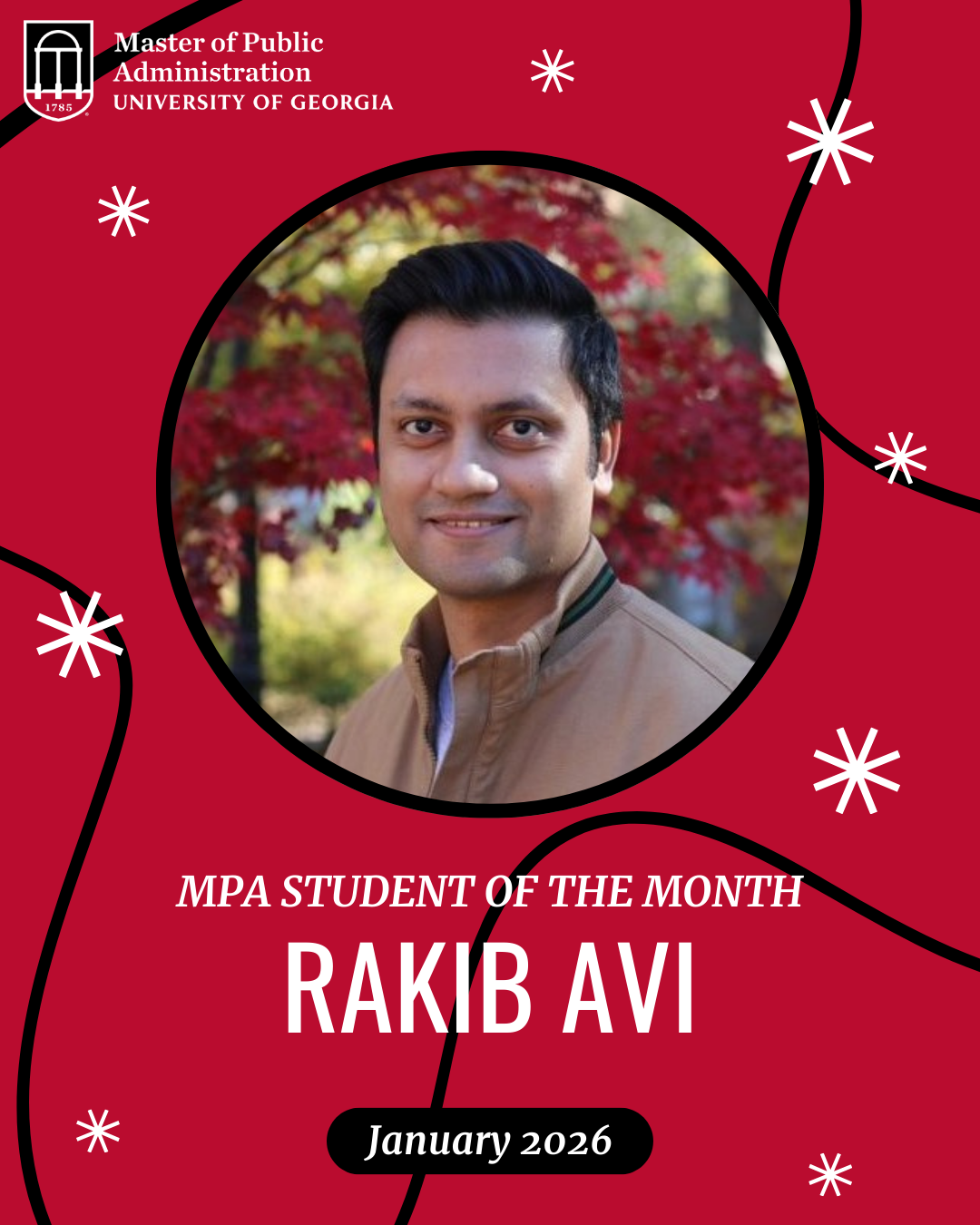
By: Rachael Andrews
Associate professor of international affairs, Dr. Daniel Hill researches democracy and violence in a broad sense, but his most recent article, “Examining Repressive and Oppressive State Violence using the Ill-Treatment and Torture Data,” points to predicting some of that violence.
“From current research, we know that democratic countries experience less [political] violence than non-democratic countries,” Dr. Hill says.
There are different types of political violence. It may be no surprise that democracies experience less repressive violence, which refers to any violence against political opposition groups.
Democracies generally do not engage in this type of violence because democratic institutions protect against it. “If a country does engage in these behaviors, they’re probably not a democracy in the first place,” Dr. Hill explains.
Dr. Hill sought to examine different types of violence, like police abuse against criminals and members of marginalized communities, to see if democracies still experience less of this type of violence than other countries.
The article explains two main types of political violence: repressive violence and oppressive violence. “The difference is motives—repressive is when the purpose is to suppress political opposition or challenges and certain groups or individuals are seen as a threat to the state’s political authority,” Dr. Hill explains. “Oppressive violence targets people for different reasons— they’re criminal suspects, members of ethnic or racial minority groups, or a part of a lower socioeconomic class, that have nothing to do with political dissent.”
Dr. Hill’s article uses the Ill Treatment and Torture data from Amnesty International, which includes both annual reports that look at the conditions within each country every year and ad hoc or urgent action reports. To create this data set, Amnesty International analyzes these reports and counts the numbers of allegations of torture and ill treatment for each country, which Hill and his co-author, Dr. Andreas Beger, then used to create a picture of what kinds of violence are seen in democracies compared to non-democracies.
As explained, democracies experience less repressive violence, mainly because protections against repressive violence are ingrained in democratic institutions. However, the relationship is weaker with oppressive violence in democracies. In fact, in some cases, Hill and Beger were unable to find much of a difference between democracies and non-democracies when it comes to oppressive violence against criminal suspects and marginalized groups.
“The people who are victims of this kind of violence are people who many members of the public are inclined to view as threatening,” Dr. Hill says. “Democracies constrain violence through accountability, but oppressive violence is violence that, by definition, targets people who are a minority in the population. There’s not much political backlash in a lot of cases when we see this type of violence.”
Overall, democracies are less violent, but that depends on the type of violence that is being analyzed. Democracies do experience less repressive violence, but the picture is less clear when it comes to oppressive violence.
Dr. Hill sees his next step as getting a clearer idea of the factors that can predict oppressive violence within a given country.
“There are some ideas—places where there is a lot of discrimination against a particular ethnic minority or income inequality, but there’s not as much evidence as we thought,” Dr. Hill says.
“It would be helpful to look at more specific features, like a country’s legal system, or how well police and other authorities respect due process rights, and how much oversight the courts have,” Dr. Hill concludes. “Public opinion matters, too. The public in a certain country may be willing to turn a blind eye to the abuse of certain groups if they believe that group is a threat, and the abuse will make them feel safer.”








